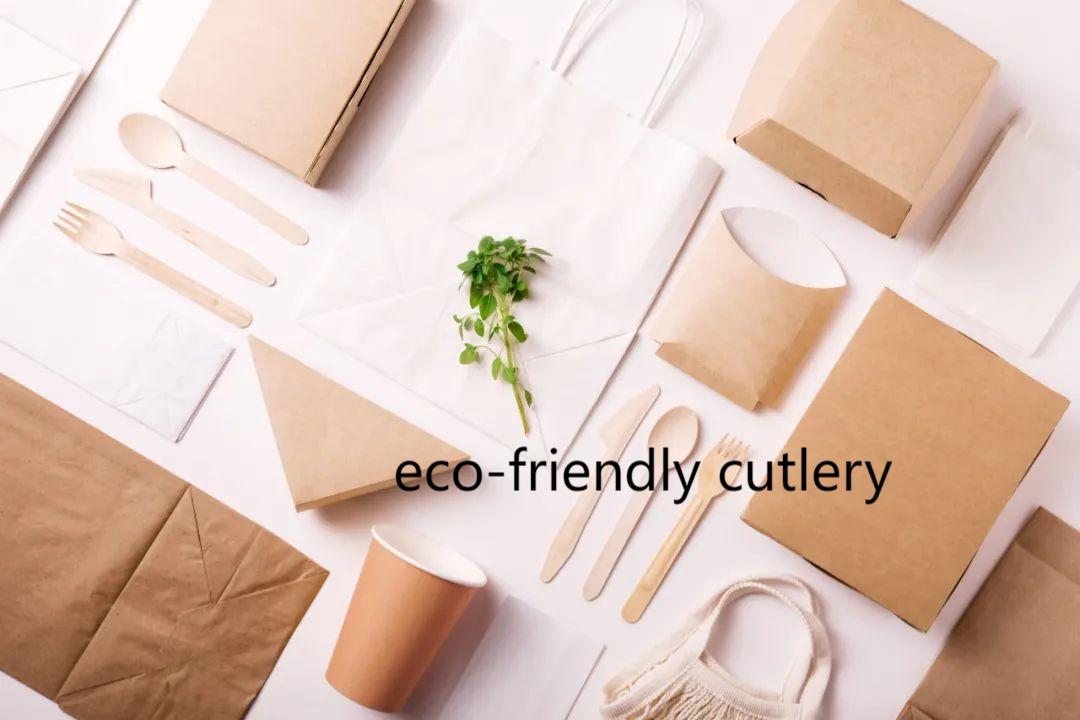The growing demand for sustainable dining solutions has led to the rise of eco-friendly cutlery, transforming the way restaurants, cafes, and households approach disposable utensils. Unlike traditional plastic cutlery, which contributes to environmental pollution, eco-friendly cutlery is made from biodegradable or compostable materials such as bamboo, wheat bran, PLA (polylactic acid), and even avocado seeds. These alternatives decompose naturally, reducing landfill waste and ocean pollution.
One of the key advantages of eco-friendly cutlery is its versatility. Manufacturers now produce forks, knives, and spoons that are not only functional but also aesthetically pleasing, making them ideal for both casual and upscale dining experiences. High-end restaurants and food delivery services are increasingly adopting these sustainable options to align with eco-conscious consumer preferences.
Another benefit is the reduction in carbon footprint. Traditional plastic cutlery relies on petroleum-based production, whereas eco-friendly cutlery is often made from renewable resources. Some companies even utilize agricultural byproducts, turning waste into valuable utensils. This circular economy approach minimizes environmental impact while supporting sustainable farming practices.
Consumer awareness has also played a crucial role in the shift toward eco-friendly cutlery. Many people now actively seek out businesses that prioritize sustainability, pushing brands to adopt greener alternatives. Governments worldwide are reinforcing this trend by implementing bans on single-use plastics, further accelerating the adoption of biodegradable utensils.
Looking ahead, innovations in eco-friendly cutlery continue to emerge, with edible utensils and seaweed-based materials gaining traction. As technology advances, we can expect even more durable and cost-effective solutions that make sustainable dining the norm rather than the exception.For premium-quality eco-friendly cutlery, explore the innovative range at sotonstraws.com .

